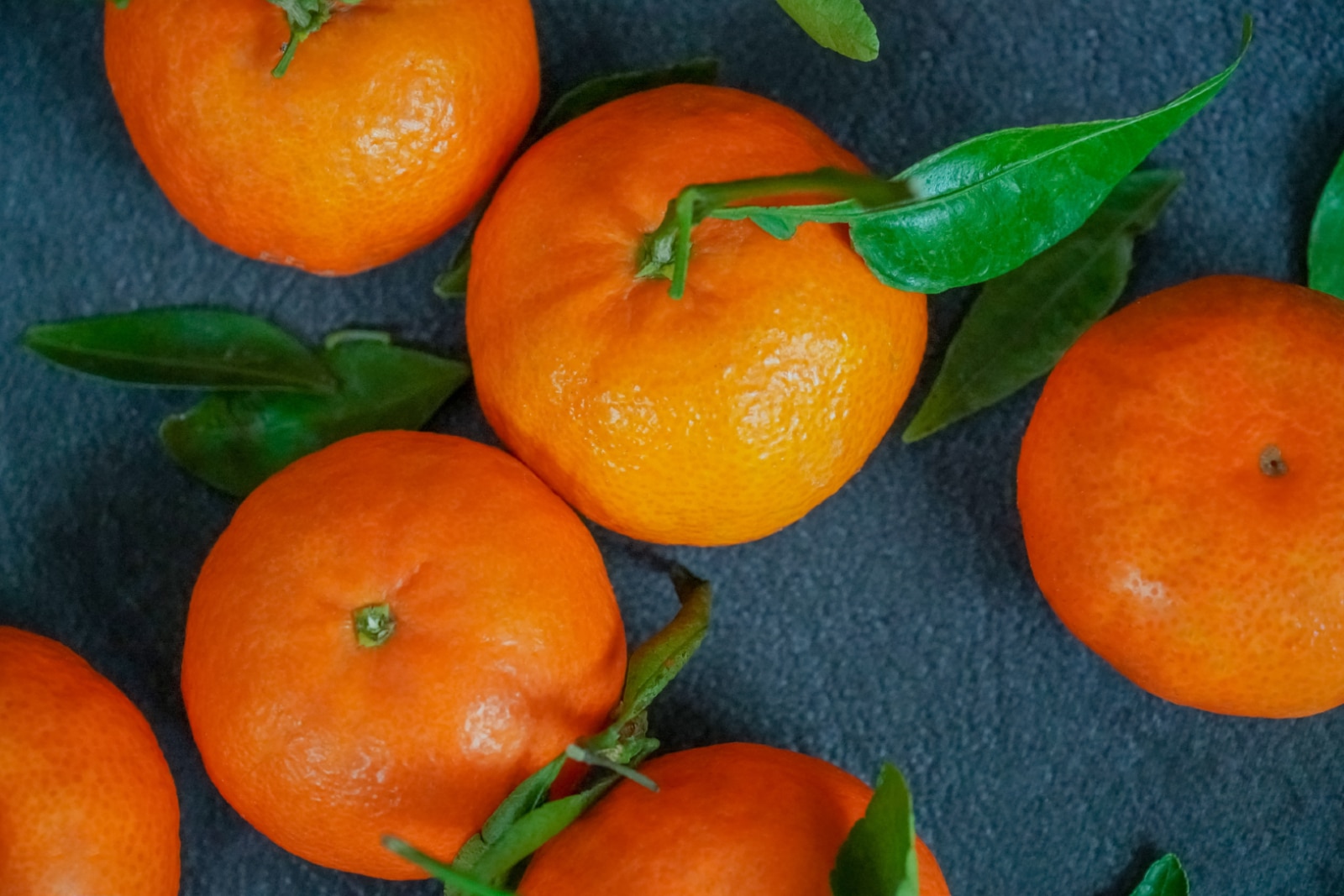[ad_1]

Whether or not you’re hoping Japanese can get you a job, you’d wish to study sufficient of the language to journey otherwise you’re simply excited about how Japanese individuals see the world, looking at jokes in Japanese can provide you a leg up.
Additionally, if you wish to inform and perceive jokes, not solely will it’s a must to take a more in-depth take a look at the language, you’ll must study what makes Japanese humor distinctive, thereby gaining cultural perception.
So what are Japanese puns and jokes like? Let’s have a look!
Contents
Obtain:
This weblog publish is offered as a handy and moveable PDF that you simply
can take anyplace.
Click on right here to get a duplicate. (Obtain)
Japanese Jokes
1. “The orange on prime of the aluminum can.”
アルミ缶の上にあるみかん。
(あるみかんのうえに ある みかん。)
“Aluminum can” in Japanese is アルミ缶 (あるみかん), the place the break up between phrases is あるみ + かん, however if you happen to transfer the break up one syllable to the left (ある + みかん), you find yourself with ある (there’s) and みかん (mikan/mandarin orange).
アルミ缶の上にあるみかん is a full sentence became a modifier, “___ that’s on prime of the aluminum can.” Subsequently, the phrase is “The mikan that’s on prime of the aluminum can,” and arumikan is repeated twice.
2. “The place do the academics eat and drink? Within the workers room!”
(しょくいんは、どこで たべたり のんだりするん?しょくいんしつ で!)
職員
(workers) and 食飲
(eat and drink) are each learn as shokuin ( しょくいん
).
So, you find yourself with:
“The place do the academics eat and drink? Within the workers (consuming and ingesting) room.”
3. “Japan falls into the ocean and makes a splash.”
日本は海に落ちて、ジャッパーン!
(にほんは うみに おちて、じゃっぱーん!)
日本 (にほん) means “Japan,” and ジャッパーン (じゃっぱああああん) is pronounced Jap-paaaaan, and comes from the onomatopoeia チャップン (ちゃっぷん), the sound of a giant “sploosh,” or splashing. Subsequently, “Japan falls into the ocean, and Jap-paaaaan makes a splash.”
The Japanese onomatopoeia sounds just like the English phrase for the nation that’s falling into the ocean. It’s additionally humorous as a result of Japan is an archipelago, so there’s loads of water.
4. “The futon fell off.”
布団が吹っ飛んだ。
(ふとんが ふっとんだ。)
布団 (ふとん) is a mattress, and 吹っ飛ぶ (ふっとぶ) is “to be blown off.” As with the primary joke about cans and oranges, this can be a pun that repeats sounds whereas altering the which means.
In contrast to the previous, the sound adjustments barely on this joke: ふとん, or futon, turns into ふっとん(だ), or futton(da), buying an additional letter. It nonetheless works as a pun, although, as multiplying letters inside Japanese phrases is a technique of constructing them extra expressive:
くさい (kusai) — It stinks.
くっさい! (kusssssssai!) — It actually f***ing stinks!
ほら!(hora!) — Hey, look right here.
オッラア!(orrrrrrrraaaaaaaaaa!!!!) — Hey…up yours.
5. “Thanks, Paprika.”
This joke is a type of しりとり, which means “phrase chain” (however actually which means “taking butts”), a sport the place one particular person writes a phrase, and the following particular person should write a phrase that begins with the final character of the earlier phrase:
ありがとう (thanks) results in…
とうがらし (paprika) which ends up in…
羅針盤 (らしんばん, compass)
Usually, solely the ultimate character is used within the sport. On this case, although, the final sound is used and since it’s a joke, fairly than an official sport of butt-taking, this transgression is totally viable.
The primary half of the phrase means “thanks.” The latter half means “purple pepper” (in some nations, “capsicum” or “paprika”).
Japanese Puns
6. “How a lot is salmon roe?”
イクラはいくら?
(いくらはいくら?)
Feeling hungry? イクラ
(salmon roe—a sort of candy caviar normally placed on prime of sushi) and いくら
(how a lot) are each pronounced as ikura.
7. “Have you ever ever baked bread?”
パン作ったことある?
( ぱん つくった こと ある?)
No, however we’ve definitely eaten it earlier than. (Gotta love carbs!)
The joke right here is that パン つ
(bread) feels like パンツ
(pants), which adjustments the sentence to パンツ食ったことある?
(ぱんつ くった こと ある?)
It is likely to be the identical pronunciation, however the assertion now interprets as “have you ever ever eaten pants or underpants earlier than?”
8. “The native district president additionally has hemorrhoids!”
地元区長は痔も特徴!
(じもと くちょう は ぢ も とくちょう !)
That is in all probability the one “offensive” Japanese pun on our checklist, however it’s additionally fairly hilarious!
地元区長
(Native district president) and 痔も特徴
(additionally has hemorrhoids) have comparable pronunciations: jimotokuchō ( じもとくちょう
).
9. “A boring spouse.”
つまらない妻。
(つまらない つま。)
How impolite! つま
(the primary a part of “boring”) and 妻
(spouse) are each pronounced tsuma.
10. “What’s the flavour of a spider? Bitter!”
くもの味はどんな味ですか? すっぱいだ!
(くも の あじ は どんな あじ です か? すっぱい だ!)
This Japanese pun is a play on Japanese and English phrases collectively.
The Japanese phrase すっぱいだ
(bitter) is pronounced suppaida, which sounds just like the English phrase “spider” learn with a Japanese accent.
So, the spider would style each like a spider and bitter. Bitter spider gummies, anybody?
11. “It isn’t Western-style however it’s strange-looking.”
容姿奇抜ですが、洋式バツです。
(ようし きばつ です が、ようしき ばつ です 。)
This one’s a little bit of a tongue-twister and is tough to say rapidly.
容姿奇抜ですが
(unusual look) is pronounced: yōshi kibatsu desuga (ようし きばつ です が).”
洋式バツです
(however it’s not western model) is claimed: yōshiki batsu desu (ようしき ばつ です).
Even to a local Japanese speaker, loads of Japanese jokes—particularly the longer dajare—are tongue-twisters. Are you able to say this one 5 instances quick?
12. “What’s a panda’s favourite meals? Bread!”
パンダの好きな食べ物は何ですか?パンだ!
( ぱんだ の すきな たべもの は なん です か? ぱん だ!)
パンダ
(panda) sounds the identical as パン だ
(it’s bread), or pan da.
Simply don’t eat the panda, please.
13. “Is there a dolphin?”
イルカは居るか?
(いるか は いるか?)
The phrase いるか
means each “dolphin” and “is there,” and is pronounced iruka in each instances.
14. “Had been you in a broken hall?”
傷んだ 廊下にいたんだろうか?
(いたんだ ろうか に いた ん だろう か?)
The phrases 傷んだ 廊下
(broken hall) are sounded out as itanda rōka and いたんだろうか
(“had been you in”) additionally feels like itandarou ka.
15. “The frog is coming again.”
蛙が帰る。
(かえるが かえる。)
Each 蛙
(frog) and 帰る
(coming again) are learn as kaeru ( かえる
).
Assets to Follow Telling Jokes in Japanese
- In the event you’re trying to enhance your Japanese joke-telling abilities even additional, a great way to do that is by studying it straight from Japanese individuals themselves. To start out with, watching comedy exhibits is an effective way to study Japanese via TV.
- Another choice is the language studying program, FluentU, which makes use of genuine content material reminiscent of film clips, music movies and extra. You’d devour the identical content material that Japanese individuals do, with the additional advantage of interactive subtitles, flashcards and customized quizzes.
Thanks, thanks. I’m right here till Tuesday. And now you may inform some Japanese jokes your self!
Obtain:
This weblog publish is offered as a handy and moveable PDF that you simply
can take anyplace.
Click on right here to get a duplicate. (Obtain)
[ad_2]

